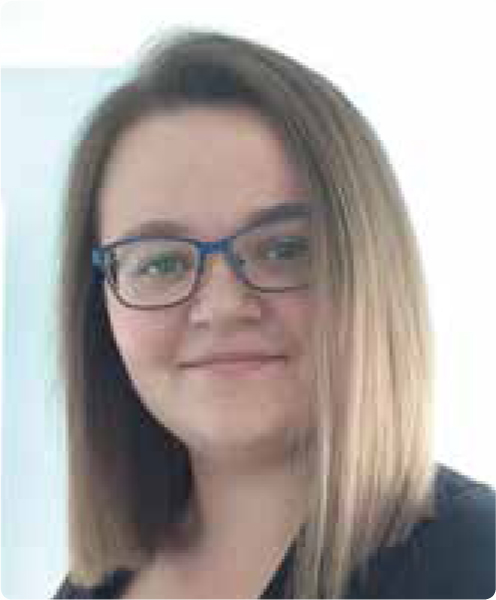
Student paramedics work alongside a wide variety of clinicians when on placement, from Newly Qualified Paramedics (NQPs) to Bronze Commanders. I have been assigned a team at High Wycombe so that I have a Clinical Mentor (CM) and a Team Leader (TL) but I still regularly work with clinicians from all teams and occasionally at other stations too when there are no shifts available at my allocated station. Some students view it as a hindrance that we don't get to build rapport with a small number of clinicians, but I see it as an opportunity that I won't get again once I graduate. Now I have seen the College of Paramedic's Career Framework in practice and observed how paramedics branch out into different roles—this has given me a better understanding of my future career.
Working with my CM has allowed me to assess my progress and set appropriate targets for my development. It has also provided me with an insight into how important mentoring has become as a skill for paramedics—so much so that there is a requirement to study a module on education within the paramedic profession in the final year of my degree. I have also been fortunate enough to accompany a Specialist Paramedic (SP) for a few shifts and have since learned about skills, such as suturing and catheter care, that can be performed by paramedics following additional training. There is no doubt that these techniques will have changed by the time I qualify but I have developed a better awareness of the tasks that are currently performed by SPs.
In addition to working with experienced clinicians, I've had the pleasure of working with a number of NQPs and have seen the reality of transitioning from student to an autonomous clinician. The support they have received has reassured me that when the blue student epaulettes are replaced by a pair of brand new green paramedic ones, NQPs aren't expected to know everything—the support networks developed over the years as a student can still be relied upon.
I have worked with clinicians who have decades of experience as well as paramedics who have been registered for a mere few weeks but I have never left a shift without learning something new. In addition to working with a variety of health professionals, I have worked shifts on different vehicles—primarily Double Manned Ambulances and Rapid Response Vehicles—through which I've learned the different pathways available to patients and the different resources that South Central Ambulance Service (SCAS) has to offer.
I feel privileged that as a student paramedic, I have been able to work with a range of clinicians employed by SCAS. It's thanks to this experience that I know about the different specialisms within the ambulance service and about the opportunities that are available to qualified practitioners.
Most registered clinicians do not have the chance to witness such a variety of skill sets in such a short space of time so I do not take the experience for granted—I fully appreciate the diversity of my placement provider.

